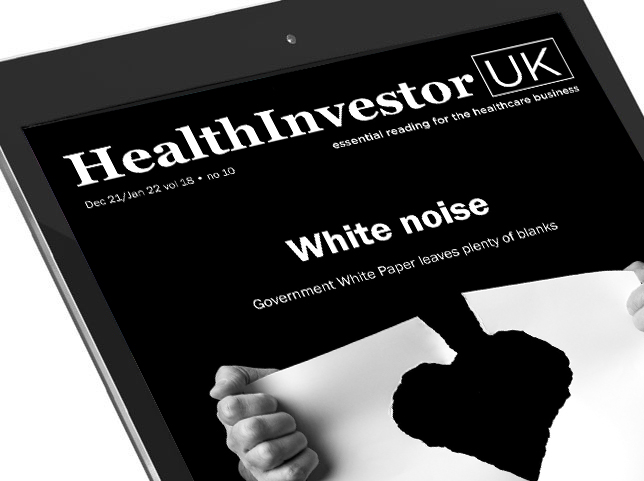The universal tragedy of Covid-19
April was indeed the cruellest month, to paraphrase T.S.Eliot. The tragedy of so many lives lost will resonate for decades and we will long remember the bitter chill from the sinister shadow of Covid-19.
And now, as we enter summer, the prospects for the UK’s economy are bleak. The lockdown in response to the pandemic has taken a wrecking ball to the vast majority of businesses with a staggering 25% of the workforce now effectively public sector employees, the taxpayer paying 80% of their wages under the government’s job protection scheme.
The private sector has taken a huge hit with only 20% of businesses able to maintain pre-lockdown levels of activity. Tim Moore of IHS Markit which publishes the widely respected PMI survey warns: “The downturn in the UK economy during the second quarter of 2020 will be far deeper and more widespread than anything seen in living memory”.
Moore says the April survey result is consistent with the economy declining at a quarterly rate of approximately 7%, but he suspects the actual decline in GDP could be even greater, given that the analysis excludes the self-employed and retail sectors.
While the chancellor’s move to subsidise jobs was bold and necessary, it can’t go on forever. HMRC puts the cost of the furlough scheme to the public purse at £8 billion at start of May.
The Office for Budget Responsibility has estimated that the scheme could cost
£42 billion over three months and the Resolution Foundation say the government will need to find £12 billion for each additional month. That’s roughly equal to the cost of running the whole of NHS England.
The scheme will have to be wound down if the country is to avoid ruinous levels of debt which raises the spectre of mass redundancies as firms struggle to survive with decimated revenue streams.
And anyone who thinks ending the lockdown will result in consumer activity and spending returning in force any time soon is deluding themselves. A poll by IPSOS Mori reveals a frankly terrified public reluctant to leave their homes even if the government tells them it’s OK to do so. The engine of economic activity in the new normal looks like it might be decidedly sluggish if not completely stalled.
It is tempting to see investment in the health sector as a safe haven but a double whammy of reduced public confidence and inevitable constraints on discretionary spend due to financial insecurity, real or perceived, could be a very real threat.
Already care homes are seeing occupancy rates fall as relatives seek to remove their loved ones for fear of them contracting Covid-19 and confidence in the industry as a whole declines amid soaring death rates despite heroic efforts on the part of operators.
Markets such as dentistry, dermatology
and veterinary care which have seen
significant growth in lifestyle spend will struggle as purse strings tighten and businesses which rely on public sector revenues such as real estate and specialist care may well experience turbulence as the austerity chickens return to roost, as they surely will, albeit in different plumage.
Some have argued that the great lockdown was a kneejerk reaction to media hysteria and mounting public anxiety that had little scientific validity. They point to Sweden which adopted a collaborative approach that didn’t necessitate pulling the economic off switch but merely encouraged reasonable precautions among its citizens. The fact that Sweden’s outbreak is certainly no worse and may even be better than countries that went full lockdown begs many questions.
Of course we are all blessed with infinite wisdom in hindsight and no doubt the acrimony and arguments over who did and didn’t do this, that and the other will be poisoning our political discourse for many years to come. A bitter war of attrition is already raging on social media over Johnson’s government’s handling of the crisis. Attempts to chart a course out of the crisis by urging us to ‘stay alert’ have only confused people. Alert to what exactly?
Covid-19 and the lockdown combine to be that rarest of things: an ill wind which truly blows for all. The irony, if there is one, is that the greatest threat to the UK economy in 2020 was not a disaster of our own making but a vicious assault from mankind’s oldest and greatest foe, the humble virus.





